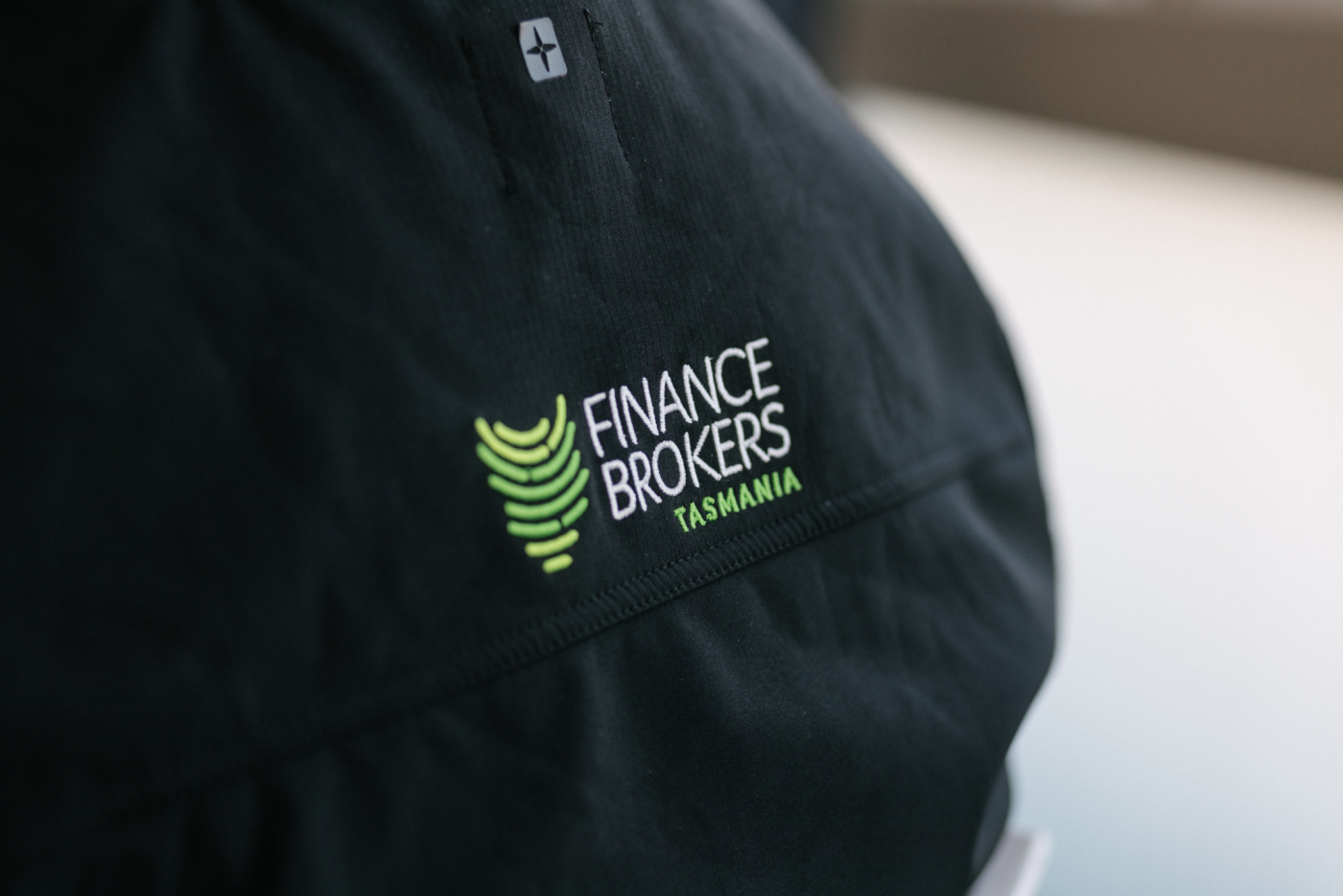Be aware that every forgotten electricity bill, loan repayment, and credit card application is being tracked… But you can put away your tin foil hat! You’re being assessed for your credit score.
What is a credit score?
Simply put – credit agencies will assign you a ranking based on your credit report, which includes:
- The amount of money you’ve borrowed and the number of credit products you’ve had over the past two years
- The number of credit applications you’ve made
- Your repayment history, especially whether you pay on time
- Missed payments, defaults, bankruptcies
- Any report requests from credit providers
Different credit reporting agencies will have different scoring systems. However, across all of the agencies: the higher your credit score, the better. A lower score doesn’t mean that you won’t get a loan, but it does affect your chances of being approved. You’ll be seen as a riskier borrower, and the terms of your loan may not be as favourable.
This same principle applies to businesses. The business itself will receive a credit score that will determine your eligibility to obtain business loans. A lower credit score may mean that you may be less successful for business loans or eligible funding, or that you have to repay your loans in a shorter amount of time.
So how can you boost your credit score and prove yourself as credit worthy? Read on.
Check your credit report is correct
You can access one free report every 3 months from Equifax, Experian, or Illion. It’s worth checking your report regularly for any discrepancies. There may be errors due to simple mistakes by your lender or could indicate a more serious issue, such as identity theft.
Contact your credit provider and the reporting agency if there are any issues. In some cases, you might also need to contact the office of the Privacy Commissioner.
Easy on those loan and credit enquiries
Did you know that your credit rating is affected each time you unsuccessfully apply for a loan? Too many enquiries and knockbacks will reflect poorly, and you will be perceived as a higher risk to your potential lenders. We know it’s easier said than done, and sometimes you can affect your score without even knowing – we’ve even had clients who have been looking online at credit cards and find there have been multiple credit checks just from them clicking around looking. So it’s essential to be vigilant both with your enquiries and browsing online.
Pay on time, every time
Remember that your credit report includes your repayment history? You’re assessed on your credit cards and loans, but also on your ability to pay utility and phone bills on time.
This is especially important if your bill is over $150 and 60-days overdue. If this happens, you’ll get a default: a big bad mark on your credit report that stays for at least 5 years.
Keep on top of your payments by:
- Setting up automatic payments
- Setting alerts when payments are due
- Ask for your bills to be emailed
- Tell your providers if you change address
Have a credit card…
You might think that not having a credit card looks better on your credit report – but it’s not all bad. If you can demonstrate that you can manage your credit card responsibly, you’re providing evidence that you can manage debt.
Pay on time, and better yet – pay off your closing balance at the end of each month to avoid interest.
…But not too many cards
If you’ve been eyeing off that Weber 8-burner BBQ with the side burner and turbo warming rack – don’t take out another line of credit to buy it! Your score lowers the more often you apply for credit, as it can be considered a sign of financial stress.
If you’re struggling, look at reducing the number of cards you have, your credit card limits, and restrict use to only paying for things you know you can afford to repay.
Oh, and never exceed your limit. Easy to do, and hard to recover.
Other tips to improve your credit score:
- For businesses, try to set up credit lines with suppliers, rather than credit cards
- If you’re super organised, demonstrate your handling of different types of debts at once (like a car loan, credit card, and mortgage)
- Manage Buy Now Pay Later services responsibly, as missed payments will appear on your report
- Try not to change addresses often or keep switching jobs – while it may not be your fault, lenders prefer if you can demonstrate stability
Talk to us
So don’t be afraid of being tracked! It’s all to help lenders make sure that if they accept your loan application, you’ll do the right thing by them. Save that tin foil for your next BBQ with your new Weber.
The FBT team is more than happy to chat to you about your credit score and financial matters, and provide the trusted, reliable advice that we’ve been giving to Tasmanians for 36 years.
(Also – if you do get that Weber, don’t forget to invite us over. We’ll bring the snags.)





